-

Luís Camarinha-Matos
-

Luís Camarinha-Matos
-
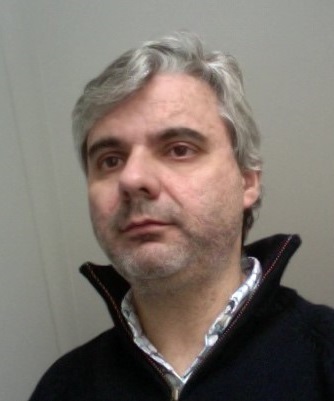
João Martins
-

Luis Oliveira
-

Paula Louro
-

Luís Camarinha-Matos
-
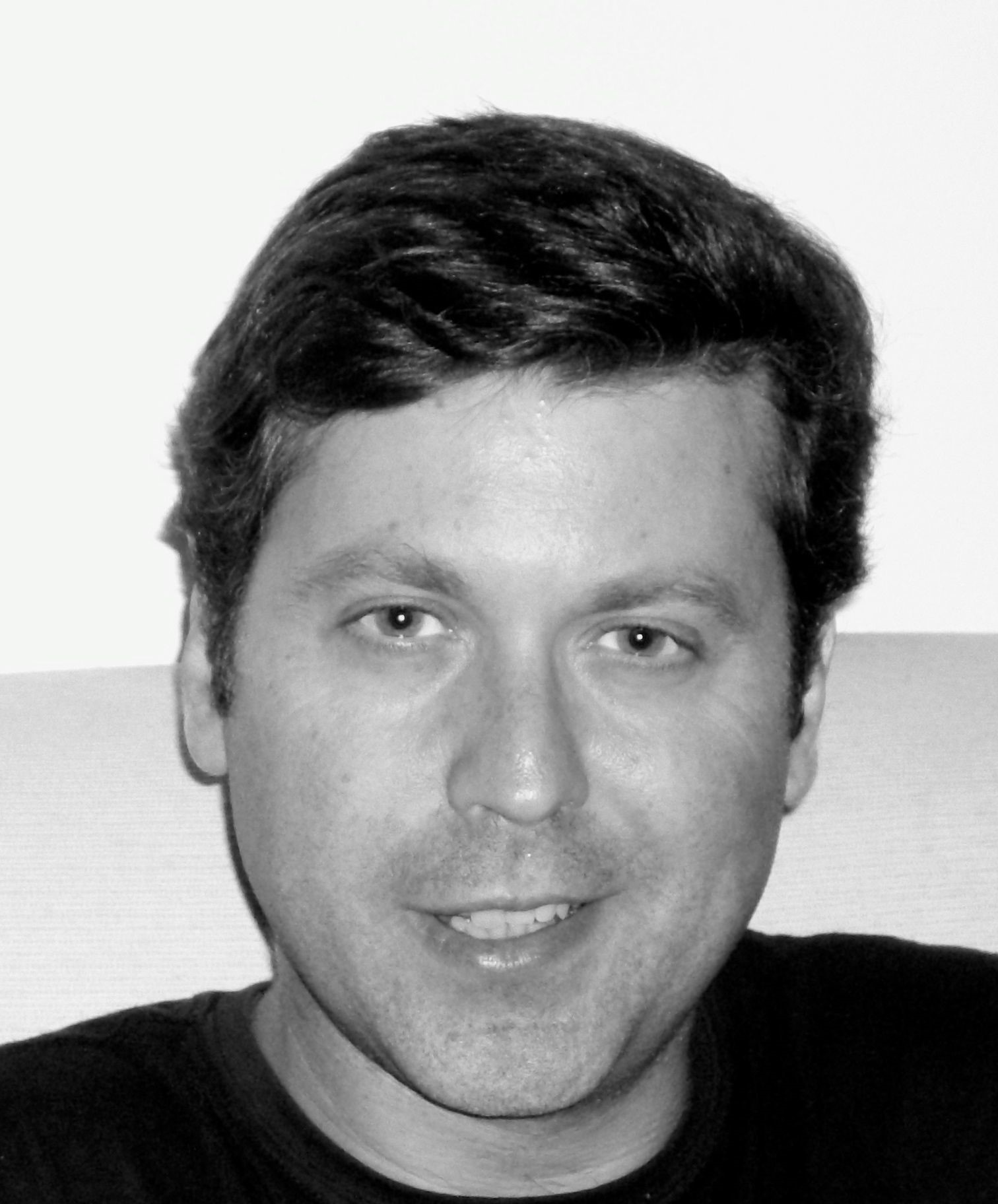
João Goes
-

José Barata
-
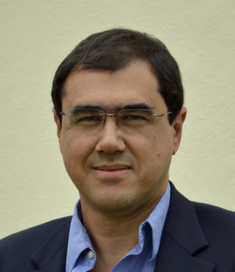
Ricardo Gonçalves
-

Manuela Vieira
-

João Martins
-
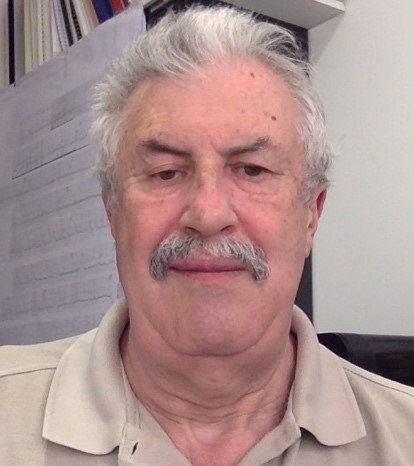
Manuel Ortigueira
-
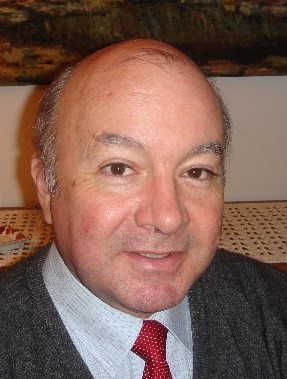
Luis Gomes
-

Adolfo Steiger Garção (until 2012)
-

João Goes
(2012−2017) -

Arturo Molina
Tecnológico de Monterrey, México (IFAC, IFIP Member) -

Weiming Shen
National Research Council, Canada (Fellow IEEE) -
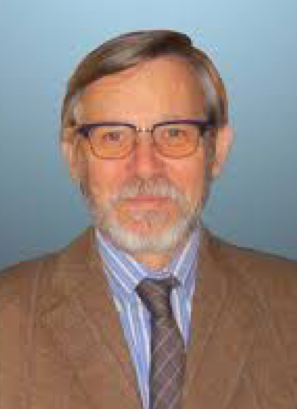
Leopoldo G. Franquelo
University of Seville, Spain (Fellow IEEE) -
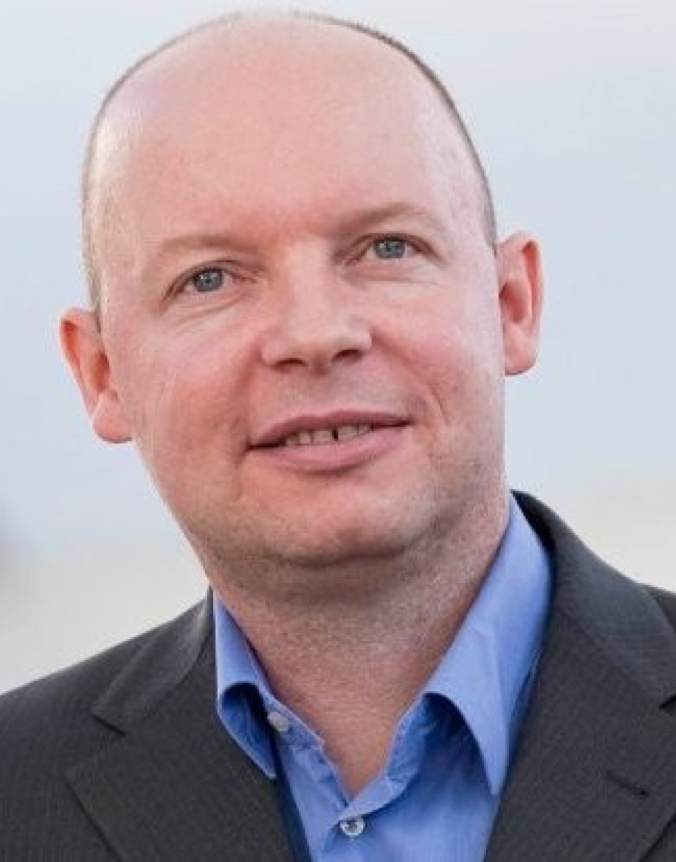
Brendan Farley
XILINX, Ireland -
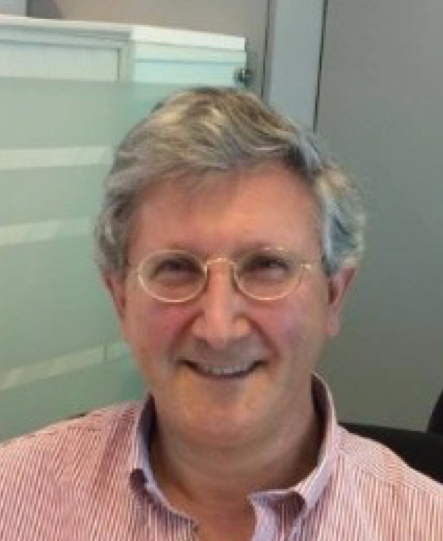
João Manuel Melo
CTT, Portugal -
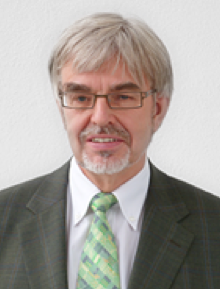
Christoph Hanisch
FESTO & Esslingen, Germany -
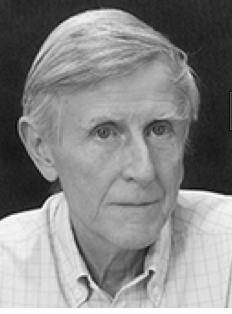
Jose L. Huertas
University of Seville, Spain -

Janusz Kacprzyk
Polish Academy of Science, Poland -

Leopoldo G. Franquelo
University of Seville, Spain -

Arturo Molina
Tecnológico de Monterrey, México -

Weiming Shen
National Research Council, Canada -
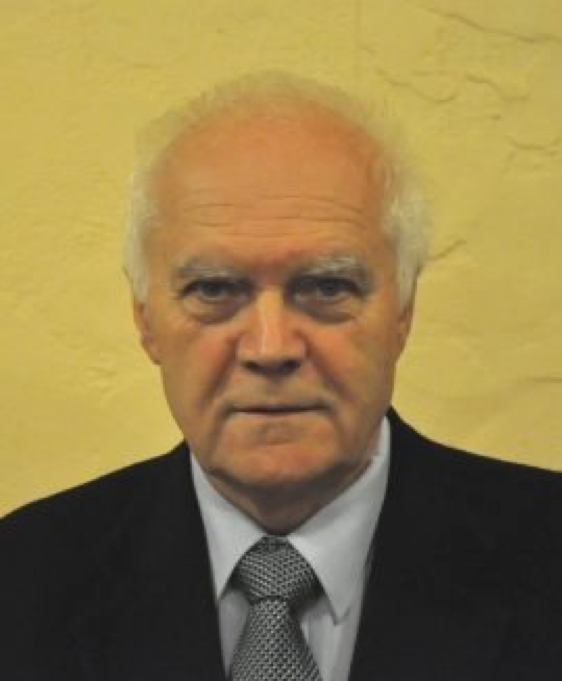
Bogdan M Wilamowski
Auburn University, USA
Director
Executive Board
Strategic Advisory Board
Former Directors
External Advisory Board
Academia
Industry
Former advisory board (2013-2017)
Documents
-
- Regulation - The Center of Technology and Systems, known as CTS,
is a research and development unit based on the Caparica Campus, School of Science and Technology of the NOVA
University of Lisbon (FCT-NOVA), which also includes researchers from other institutions.

- Latest Evaluation Results - 2017/2018








